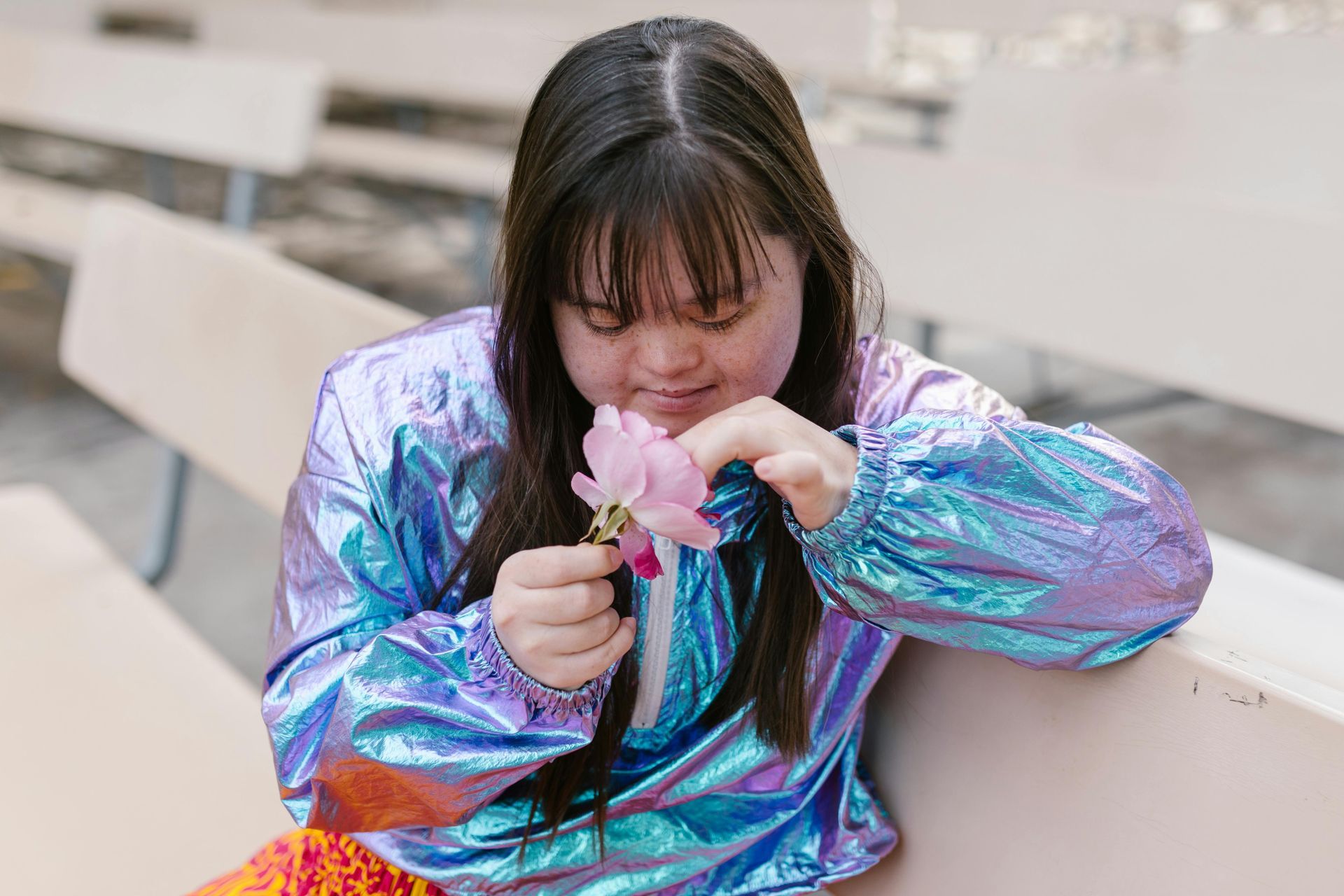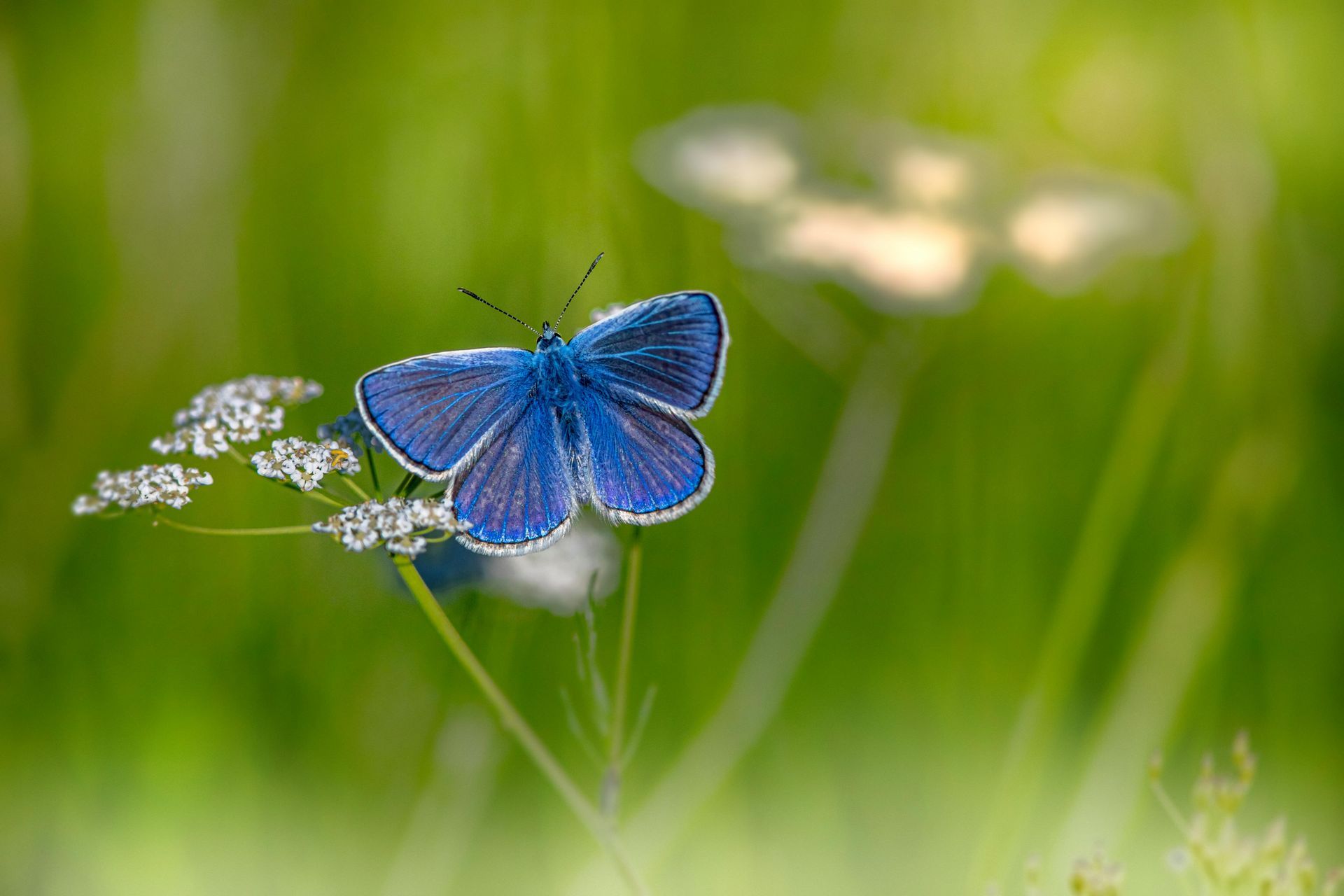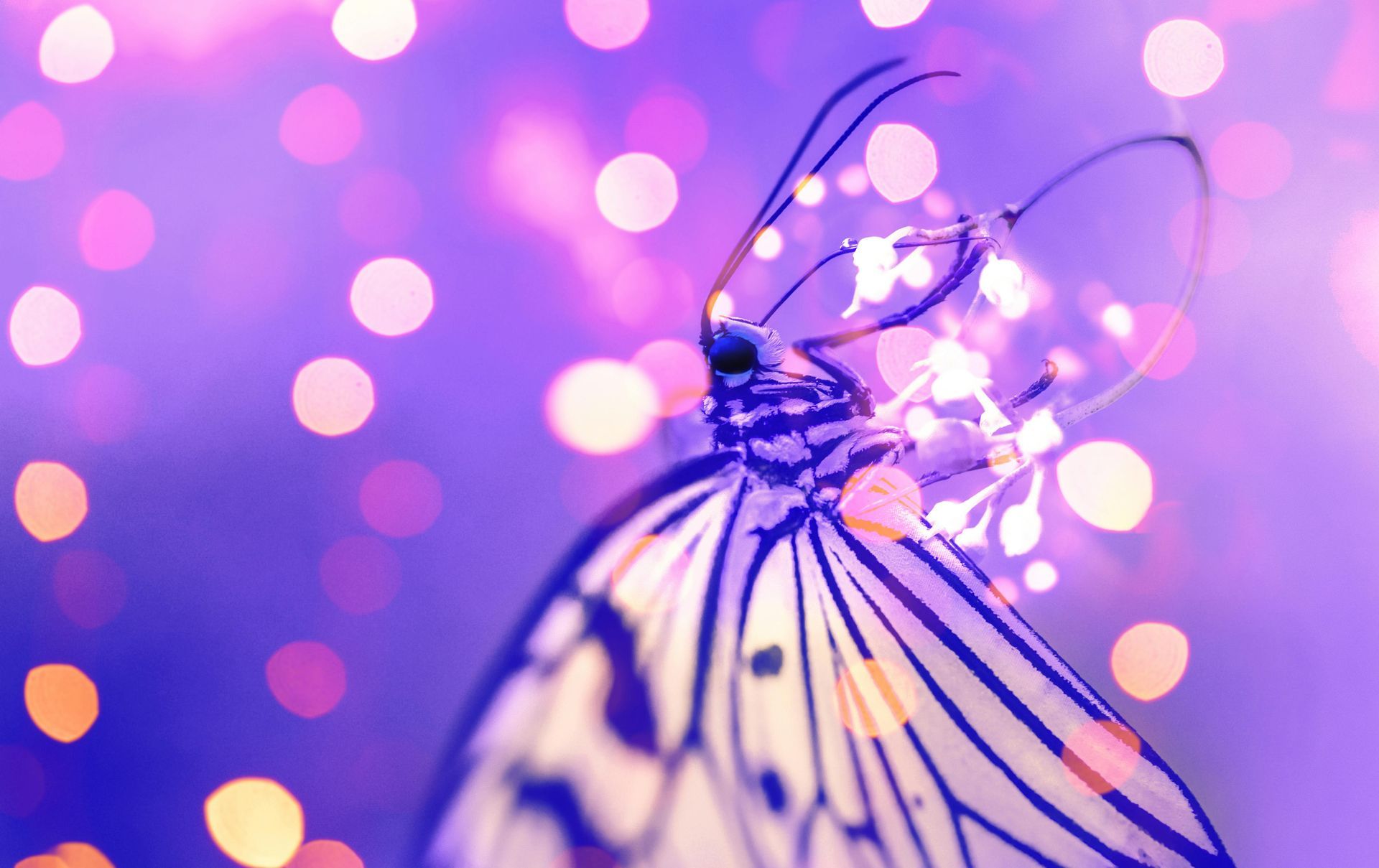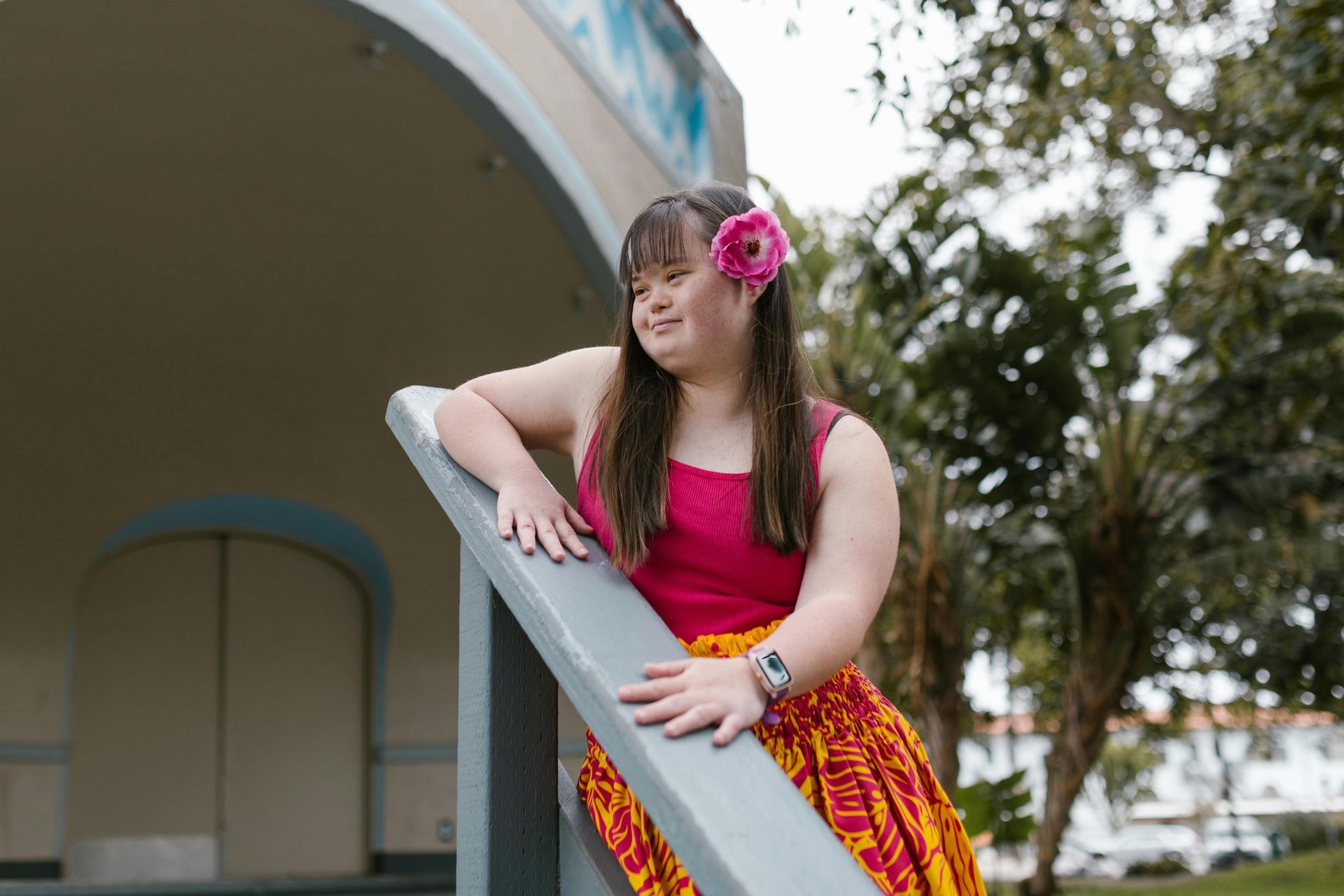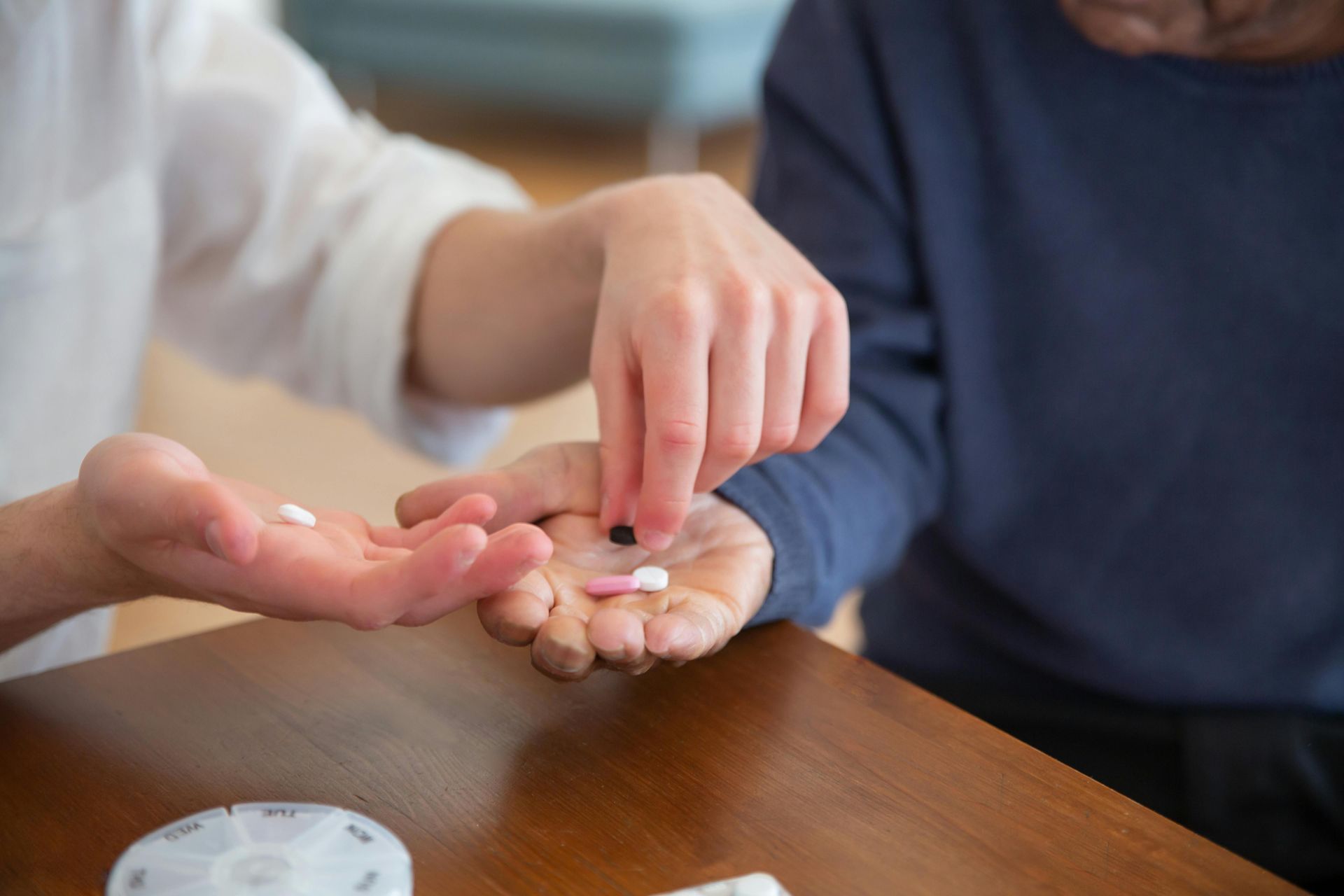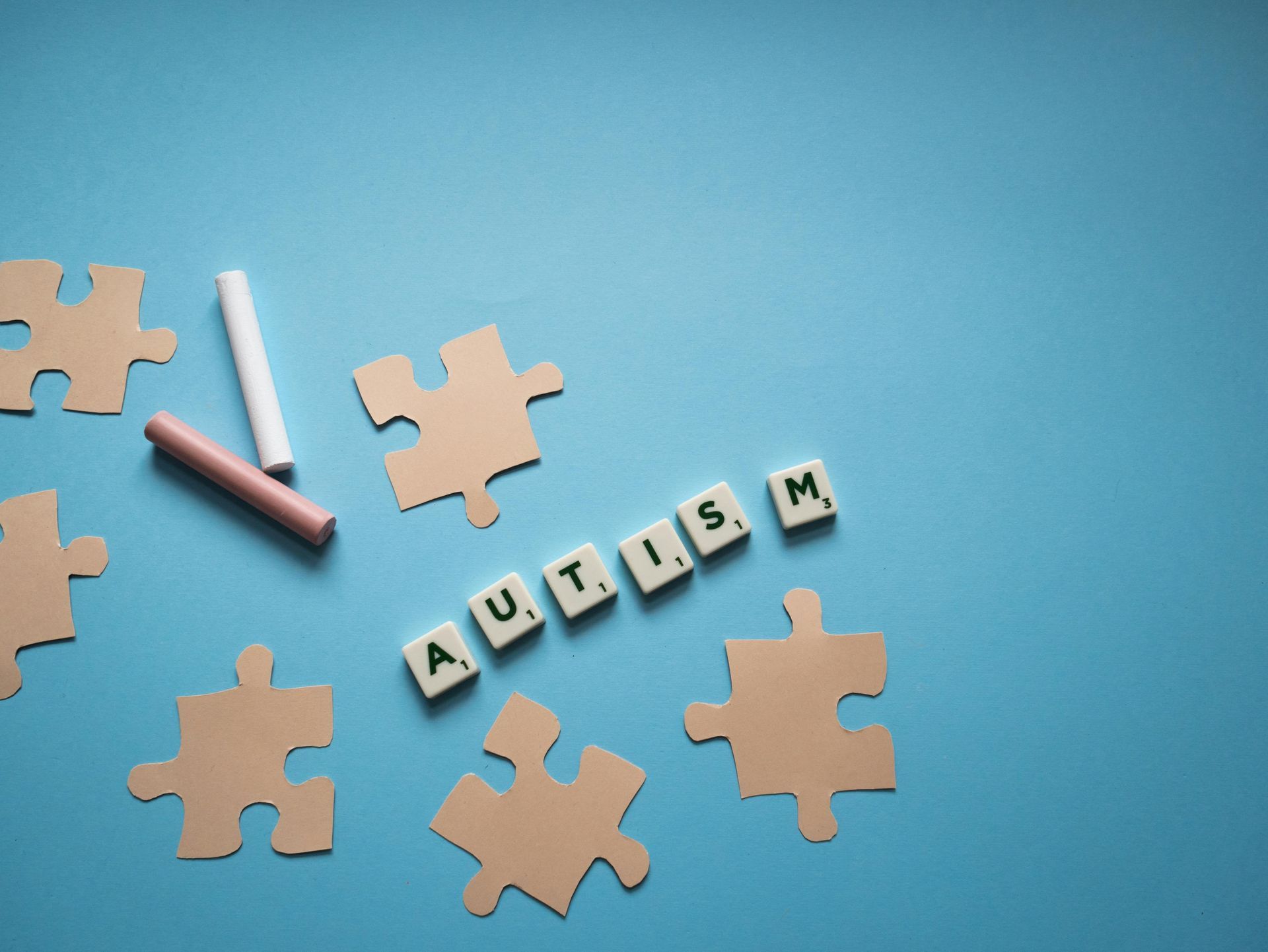On National Day of Friendship, we are reminded of one of life’s most powerful forces: human connection. Friendship is more than just a pleasant social bond—it plays a vital role in promoting emotional, psychological, and even physical well-being. For individuals living with mental health challenges or developmental disabilities, the value of authentic friendships cannot be overstated.
Why Friendship Matters
Research consistently shows that strong social relationships are linked to lower rates of anxiety and depression, improved self-esteem, better coping skills, and even longer life expectancy. Friendships serve as a buffer against loneliness, a key risk factor for several mental health conditions. For those navigating the complexities of developmental disabilities, friendships provide a sense of belonging, social learning, and emotional security.
The Barriers Many Face
Despite its universal importance, forming friendships can be particularly difficult for individuals with developmental or mental health challenges. Social stigma, lack of inclusive spaces, communication differences, and support needs can create invisible walls that isolate people from their communities. As a result, many individuals face persistent social exclusion, leading to increased stress, depression, and diminished quality of life.
Building a Culture of Inclusion
True friendship flourishes in environments that are inclusive, patient, and understanding. Communities can foster connection by:
- Encouraging inclusive programs in schools, workplaces, and communities.
- Creating safe spaces for individuals with disabilities to connect with peers.
- Educating the public about the value of neurodiversity and the power of support networks.
- Supporting caregivers and advocates who work to build social bridges.
How You Can Make a Difference
- Reach out: A simple conversation or invitation can spark a lasting friendship.
- Volunteer: Engage with organizations that support people with mental health conditions or disabilities.
- Be an ally: Advocate for policies and programs that foster inclusion and social connection.
- Teach empathy: Whether as a parent, teacher, or peer, modeling compassion helps build a more accepting community.
Friendship is a basic human need, not a luxury. This National Day of Friendship, let’s recognize its transformative power—especially for those who may need it the most.
👉 Learn how we promote dignity, inclusion, and wellness for every individual.
Visit www.globalhandsinc.com to explore ways to support and connect.

